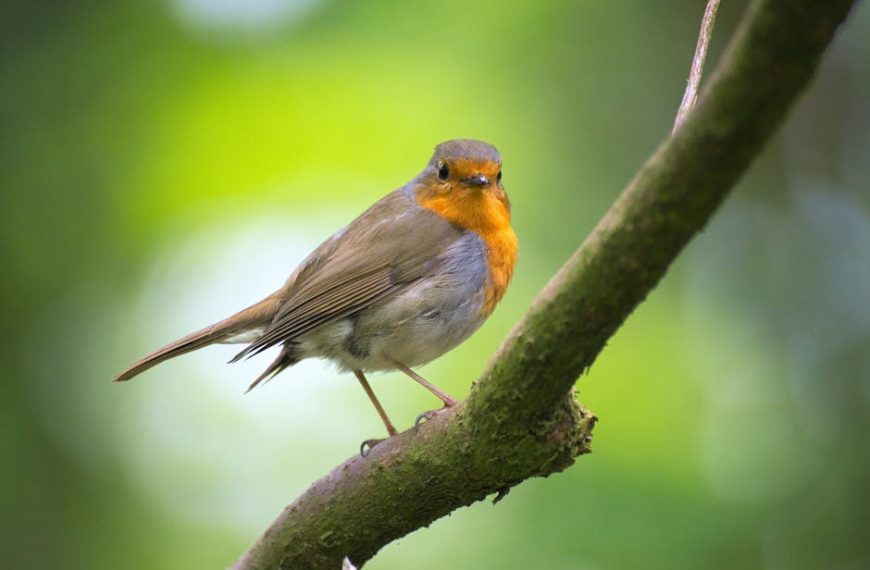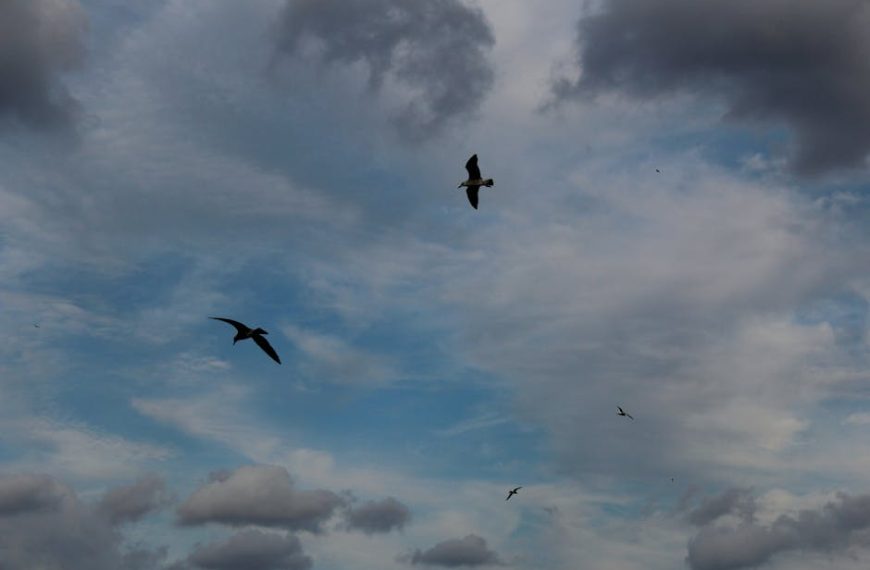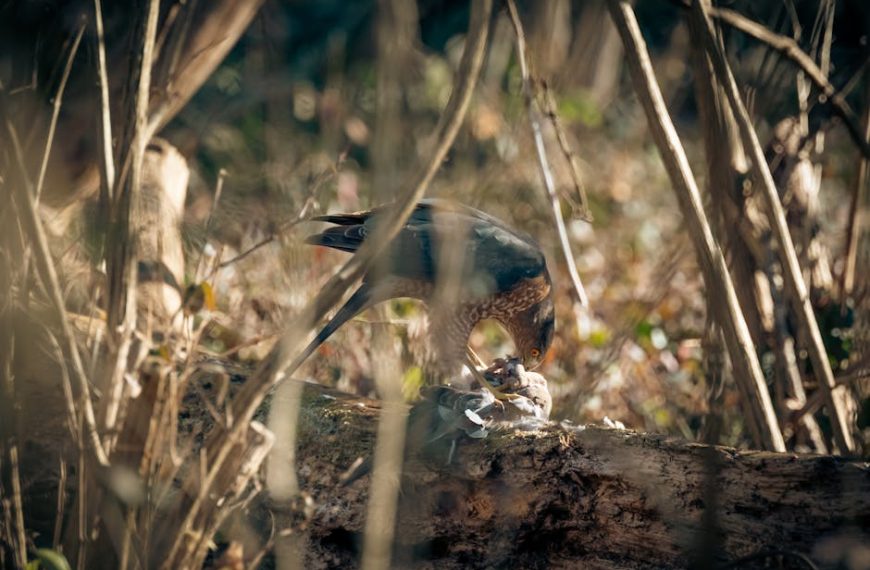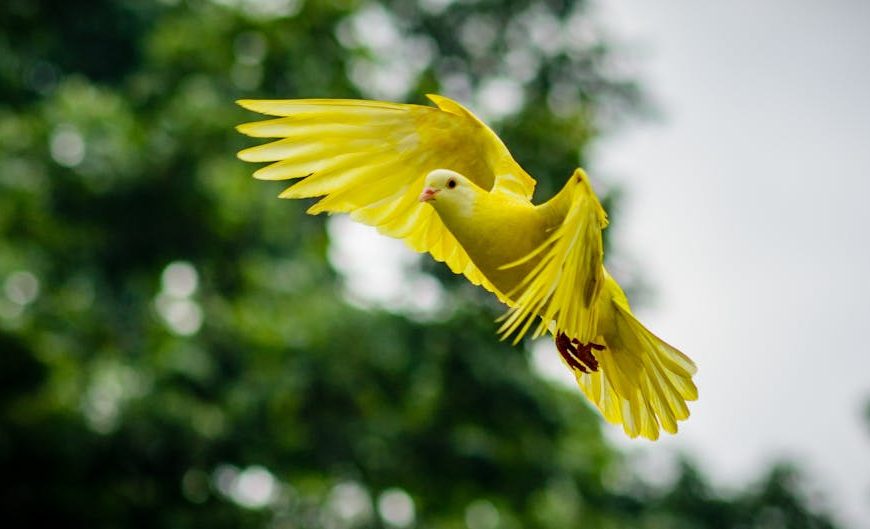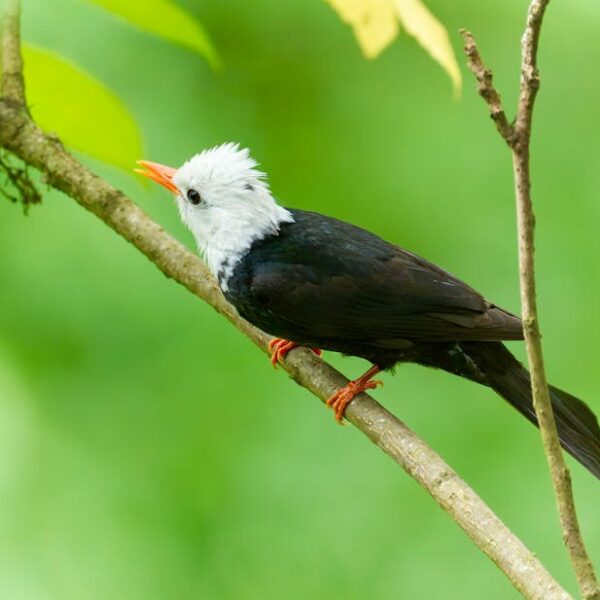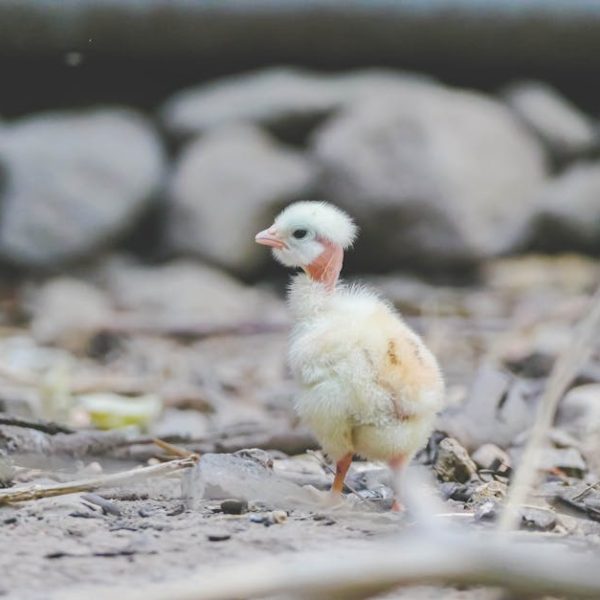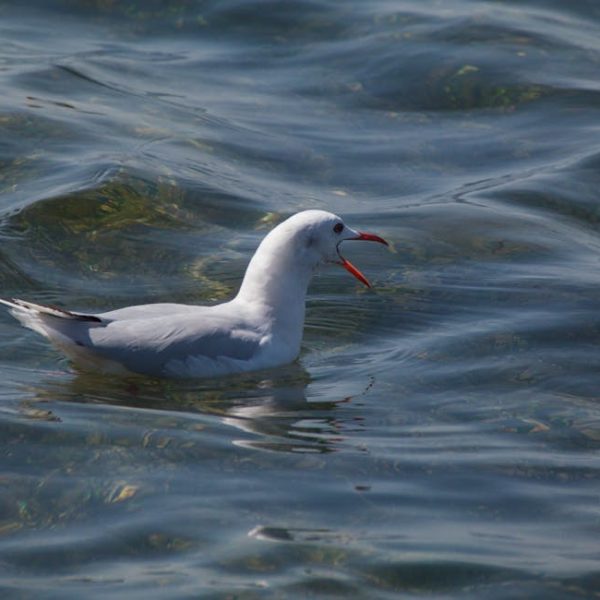Myths and misconceptions about the implications of human interference with bird nests are widespread. Many believe that even slight human contact may result in the abandonment of the nest by its avian inhabitants. However, the truth isn’t as black-and-white as it may seem, and understanding the realities can enlighten us on our role in preserving and respecting bird life in our shared ecosystem.
Myth 1: Birds Will Abandon Their Nests If Touched by Humans
One of the most prevalent myths is that birds will desert their nests and their fledglings if they pick up the slightest scent of human interference. The truth, though, is that most bird species have a very poorly developed sense of smell. The likelihood of a bird abandoning its nest purely due to a whiff of human presence is minuscule.
Myth Vs Reality:
Myth: Birds will abandon their nests after detecting human scent.
Reality: Most birds have a weak sense of smell and will not abandon their nests due to human scent; the stability and safety of their nests are paramount.
Pro tip: While birds may not abandon their nests due to the human scent, human interference could unintentionally damage the nests or distress the inhabitants.
Myth 2: It’s Illegal to Touch a Bird’s Nest
Another commonplace myth: that it’s universally illegal to touch a bird’s nest. It’s crucial to underline that laws related to bird nest interaction vary widely based on the species of the bird, and these laws are contextually dependent on the local regulations of each country or region.
Checklist:
– Eagles’ nests are always protected under law in the U.S.
- Migratory bird species’ nests are also protected under the Migratory Bird Treaty Act.
- Endangered or threatened species’ nests will have additional legal protections.
Best Practices: Always exercise caution around bird nests, and remember that watching from a distance is often preferred. If you’re unsure of the legality around bird nests in your region, consult local wildlife agencies.
What Actually Happens If You Touch a Bird’s Nest
The actual repercussions of touching a bird’s nest are predominantly more disturbing for our feathered friends than most of us realize. A primary concern is the unintentional damage that could be inflicted on the delicately structured nest or causing unnecessary disturbance to the bird which calls the nest ‘home’. There’s also a risk of predation; nests meddled with by humans can draw attention to predators.
Pros and Cons:
Pros: Occasionally, human intervention can be beneficial, such as removing a nest from a hazardous location or rescuing a compromised nest.
Cons: Undue interference can lead to damaging the nest, causing stress to the birds, and disrupting their natural behavior and potentially attracting predators.
Pro tip: If you believe a bird’s nest to be in danger, it’s often better to call professional wildlife services for advice instead of intervening on your own. The well-being of the bird is priority.
Alternatives to Touching Bird Nests
Bearing in mind the potential consequences of touching a bird’s nest, it’s important to consider alternatives that allow for safe and respectful observation of birds in their natural habitat without infringing on their space.
Comparison:
| Methods | Advantages | Disadvantages |
|---|---|---|
| Binoculars | Allows for detailed observing from a safe distance | Manual adjustment required, limited field of view |
| Bird watching cameras | Offers close-up views, can record bird activity | Can be expensive, might require technical know-how |
| Guided bird watching tours | Informative, guided by professionals, supports eco-tourism | May be crowded, scheduled timings |
Pro tip: Always remember that our goal should be to respect wildlife, and observe without disturbing or altering their natural behavioral patterns.
Nesting Birds and Human Intervention: Safeguard and Ethics
The ethical considerations around human intervention are complex and multi-faceted. While rescue or aid in certain scenarios can be considered justifiable and positive, there’s a thin line between help and interference.
List:
Consider these points when deciding whether to intervene in bird nesting:
- Is the bird or their nest in immediate danger?
- Can you provide necessary help without causing undue distress?
- If unsure, have you contacted local wildlife agencies for advice?
Best Practices: Understand that sometimes the best way to help is to not interfere directly. Contact local wildlife agencies when confronted with issues beyond your immediate understanding or capacity to help. Their expertise ensures the most suitable and respectful course of action. It’s important to acknowledge that direct intervention should be the last resort and not the first instinct.
Key Takeaway:
- It’s a myth that birds abandon their nests if they smell human scent; most birds have a weak sense of smell and wouldn’t abandon their nests due to human contact.
- Whether it’s legal to touch a bird’s nest depends on the bird species and local laws. It’s crucial to learn about these before interacting with bird nests.
- Touching a bird’s nest can unintentionally damage the nests, distress the bird, or even attract predators; human intervention should be thoughtful and minimal.
- Alternatives for observing birds, like using binoculars, bird-watching cameras, or attending guided tours, offer chances to appreciate bird life without causing harm.
- Ethical considerations are paramount when deciding to interfere with bird nesting. If a bird or its nest seems in danger, it’s best to contact local wildlife agencies for advice.
When we respect the natural environment and behave responsibly and ethically, we enable all creatures to thrive. The power to create change rests in our hands—let’s use it wisely and conscientiously.
FAQs
Q: Can I move a bird’s nest from my yard to a nearby tree?
A: While it might seem like a good idea, moving a bird’s nest might distress the bird and interfere with their natural behavior. It’s always best to leave the nest where it is. If the nest is in danger or causing significant issues, contact local wildlife authorities for advice.
Q: What can I do if I find an abandoned nest?
A: It’s best not to touch it. Birds often reuse their nesting sites for future generations. If it seems to be disrupting the environment or attracting predators, then reach out to wildlife organizations to guide you.
Q: Is it safe to keep bird nests as decorations?
A: While they may seem decorative, bird nests are ultimately part of wildlife habitats. Besides being potentially illegal, using nests for decoration can interfere with the life cycle of birds. Always enjoy nature in its place, without causing harm.
Q: How can I support local bird populations?
A: You can support local bird populations by keeping your garden bird-friendly. Plant native trees, provide birdbaths, and set up bird feeders. Also, consider supporting local and national bird conservation organizations.
Q: What steps can I take to make my home safer for local bird life?
A: Remove any hazards that might harm wild birds like open water containers where they might drown, ensure window glasses are visible to birds to prevent collision and keep cats indoors as they are common predators of birds.
Make sure to share this article with your fellow bird enthusiast friends and keep exploring more posts and articles on our website. We are here to help you understand and appreciate our shared world a little better.

